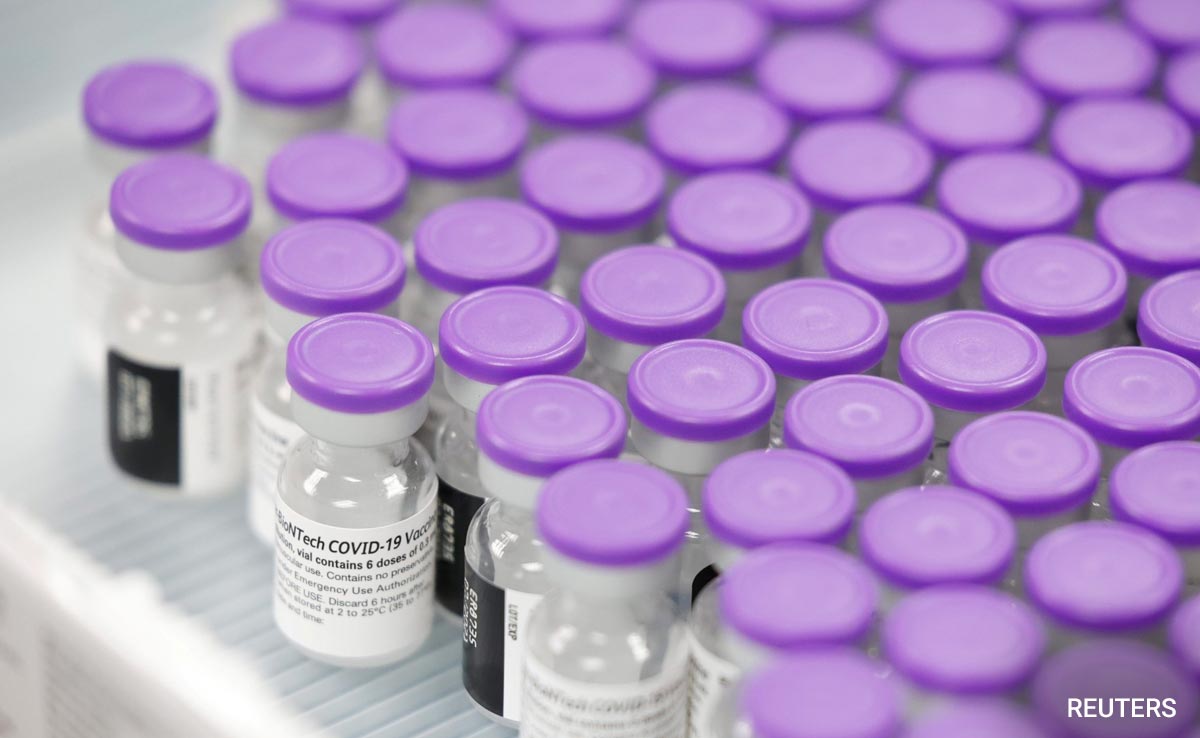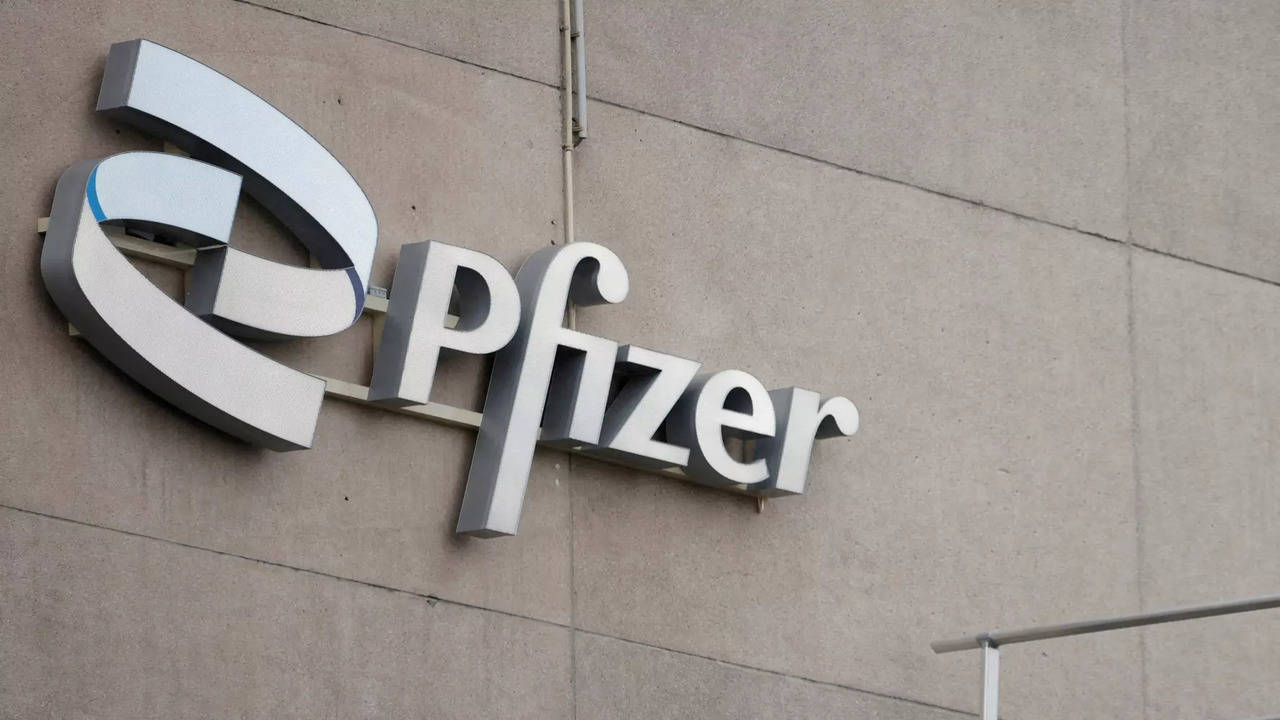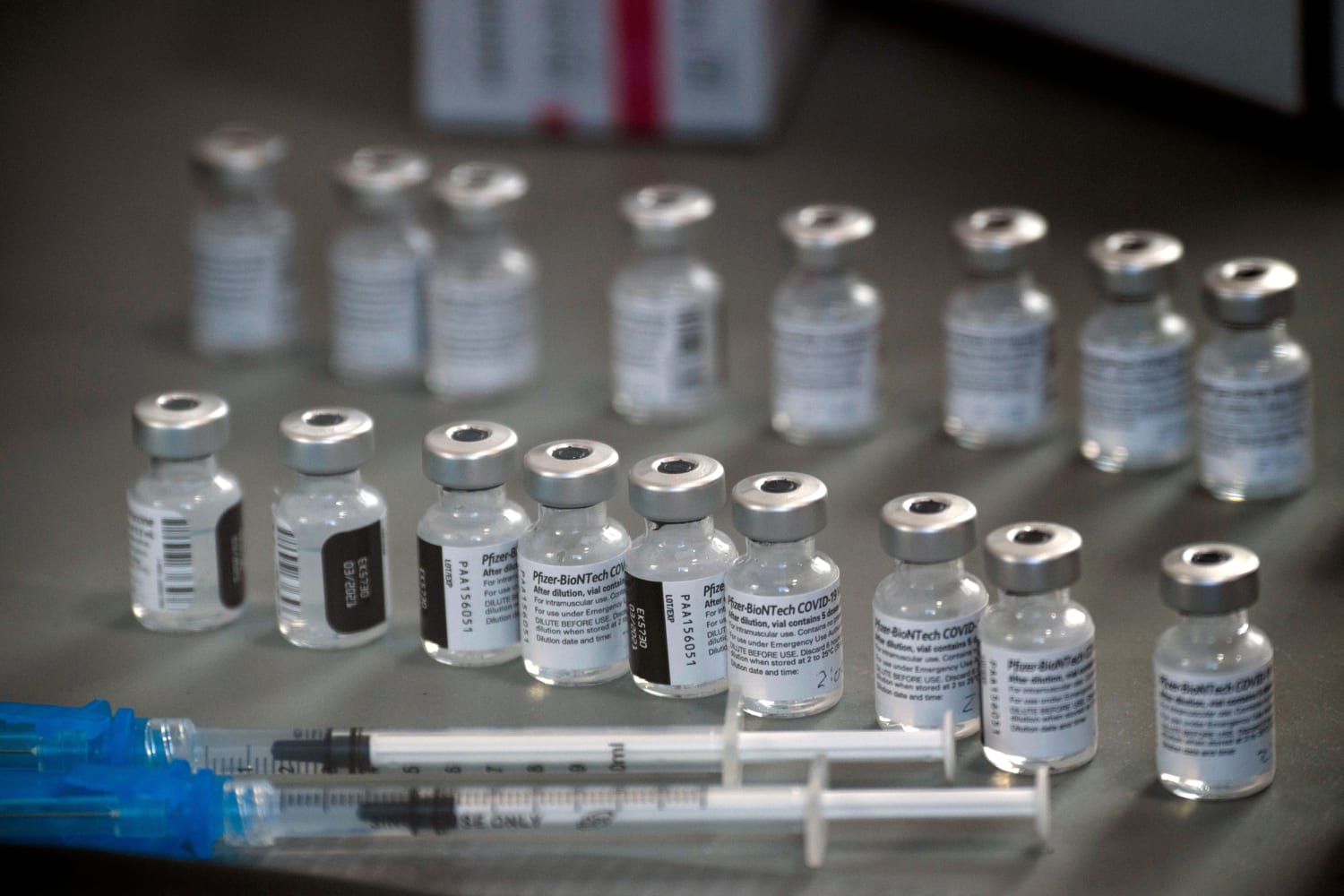Pfizer’s Q2 Profit Declines to Rs 149 Crore

Pfizer’s Q2 Profit Declines to Rs 149 Crore
Pfizer Inc., one of the world’s leading pharmaceutical companies, faced a significant setback in its second-quarter financial performance, with its profit dropping by a staggering 52% to Rs 149 crore. This unexpected decline has raised concerns among investors and industry experts alike.
The pharmaceutical company Pfizer Ltd. recorded a 52.11 percent decrease in net profit for the second quarter that ended in September 2023, totaling Rs 148.96 crore.
)
According to a Pfizer regulatory statement, the business recorded a net profit of Rs 311.07 crore during the July–September quarter of the previous year.
Operational revenue decreased 9.76 percent to Rs 575.21 crore during the quarter compared to Rs 637.47 crore during the same time last year.
The total expenditure decreased by 5.66 percent to Rs 410.76 crore.
The total income for the September quarter of 2023–24 was Rs 611.28 crore, a decrease of 7.52%.
One of the primary factors contributing to Pfizer’s Q2 profit decline is the expiration of several key patents on some of its blockbuster drugs.
When patents expire, generic versions of these drugs can enter the market, leading to increased competition and a significant reduction in Pfizer’s market share and revenue.
This phenomenon is often referred to as the “patent cliff,” and it has hit the pharmaceutical industry hard in recent years.

While Pfizer was one of the companies at the forefront of developing and distributing COVID-19 vaccines, the pandemic still had a mixed impact on its overall financial performance. While the company did benefit from its vaccine sales, it also faced challenges related to supply chain disruptions and increased operational costs associated with vaccine production and distribution.
To remain competitive and maintain a strong pipeline of innovative drugs, pharmaceutical companies like Pfizer must continually invest in research and development (R&D).
The costs associated with drug discovery, clinical trials, and regulatory approvals have been on the rise, placing additional financial pressure on the company.
Exchange rate fluctuations can significantly impact multinational corporations like Pfizer. A strong US dollar can negatively affect the company’s revenue generated in other currencies when converted to dollars. This can be especially problematic when a significant portion of Pfizer’s sales occurs outside of the United States.
Pfizer may need to reassess its business strategy and portfolio of drugs to adapt to the changing market dynamics. This could involve divesting from certain products or therapeutic areas while doubling down on high-growth areas such as vaccines and specialty medicines.

To mitigate the impact of patent expirations and maintain a competitive edge, Pfizer must continue to invest heavily in R&D to bring new and innovative drugs to market. Collaborations, partnerships, and acquisitions with smaller biotech firms may also be part of the strategy to bolster its pipeline.
Pfizer will likely undertake cost-cutting measures to improve profitability. This may involve streamlining its operations, reducing overhead, and optimizing its supply chain to minimize expenses.
Pfizer may explore opportunities to diversify its revenue streams beyond pharmaceuticals. This could include expanding its presence in healthcare services, diagnostics, or other healthcare-related sectors.
The patent cliff is a common issue faced by many pharmaceutical companies. As patents expire, they must adapt by developing new drugs or pursuing alternative revenue streams to replace lost income.
The pharmaceutical industry operates in a heavily regulated environment. Changes in regulations, drug pricing policies, and reimbursement structures can have a significant impact on profitability.
Rising R&D costs are a concern for the entire industry. Companies must find ways to balance the need for innovation with cost control to maintain profitability.
Currency fluctuations, geopolitical tensions, and global economic conditions can impact pharmaceutical companies’ financial performance, as seen in Pfizer’s case.
Pfizer’s Q2 profit decline of 52% to Rs 149 crore underscores the challenges faced by even the largest pharmaceutical companies in today’s dynamic and competitive industry.
To navigate these challenges successfully, Pfizer must adapt its business strategy, prioritize innovation, and optimize its operations.

Additionally, this decline serves as a reminder of the broader issues facing the pharmaceutical industry, which must balance innovation, regulatory compliance, and economic factors to thrive in an ever-evolving landscape.
Investors and industry observers will be closely monitoring Pfizer’s future actions and performance to gauge its ability to rebound from this setback.






